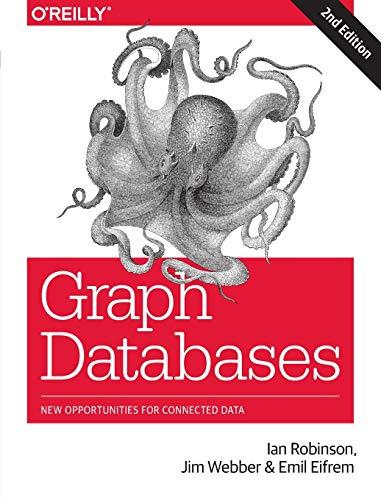Answered step by step
Verified Expert Solution
Question
1 Approved Answer
Can someone give me a correct answer? Consider a cipher which encrypts messages in M={A,B,C}. The probabilities of sending each message are Pr[m=A]=1/3,Pr[m=B]=1/2,Pr[m=C]=1/6. The secret
 Can someone give me a correct answer?
Can someone give me a correct answer?
Step by Step Solution
There are 3 Steps involved in it
Step: 1

Get Instant Access to Expert-Tailored Solutions
See step-by-step solutions with expert insights and AI powered tools for academic success
Step: 2

Step: 3

Ace Your Homework with AI
Get the answers you need in no time with our AI-driven, step-by-step assistance
Get Started


